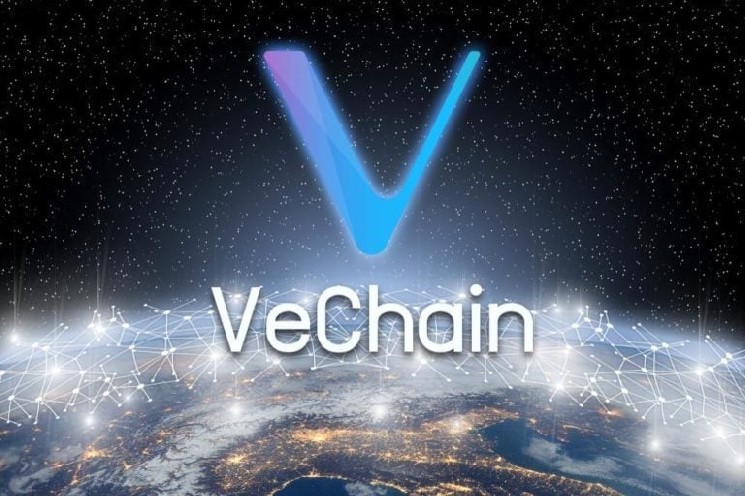- VeChain highlighted in academic study for seafood traceability, boosting transparency and trust across fragmented chains.
- Blockchain-ERP integration shows stronger collaboration, fraud reduction, and real-world impact compared with ERP-only systems.
A 2025 academic study has given VeChain new recognition in the blockchain sector, spotlighting its application in seafood traceability. The research examined blockchain combined with ERP systems, showing how platforms such as VeChain are addressing supply chain transparency while strengthening collaboration in global trade.
The study, published in IEEE Access, analyzed 18 deployment scenarios for blockchain integration within supply networks. It concluded that blockchain-ERP combinations enhance traceability, visibility, and trust compared with ERP alone. These findings positioned VeChain among practical case examples with measurable real-world impact in the seafood industry.
Researchers stressed that blockchain offers strong advantages in food tracking by storing immutable records such as harvest dates, expiration periods, and product origins. These capabilities reduce fraud, secure cold chain monitoring, and provide authenticity checks, all of which are especially relevant for seafood supply networks.
NEW ACADEMIC SPOTLIGHT ON VECHAIN
A 2025 study on blockchain + ERP integration highlights $VET’s real-world role in seafood traceability:
“VeChain’s platform is another example working with companies in the seafood industry to implement blockchain for seafood… pic.twitter.com/B4DggsNa9Q
— Sebastian.vet Ⓥ
(@PERE_Mainz) August 21, 2025
Seafood Traceability and Blockchain Adoption
The paper mentioned: “VeChain’s platform is another example working with companies in the seafood industry to implement blockchain for seafood traceability.” Such a direct reference puts VeChain alongside key world pilots like Walmart and Carrefour, which are already employing blockchain for food safety and traceability initiatives.
Such inclusions are significant because seafood continues to be amongst the hardest industries in terms of traceability. Various actors from across oceans, ports, and distributors tend to cause opacity in the records. Through smart contract integration and decentralized verification, VeChain’s strategy provides certainty and consumer confidence across these fragmented chains.
Sebastian.vet, VeChain Ambassador, reinforced this point in his public statement, writing in X:
From oceans to on-chain —VeChain is securing supply chains where trust matters most.
It is in line with the conclusion of the research paper that blockchain guarantees timely and transparent reporting between trade partners.
Findings from the 2025 Comparative Analysis
The research not only put seafood in the spotlight. It examined the wider supply chain implications of blockchain, including how end-to-end visibility can reduce companies’ delays, verify, and increase trust across borders. Industry professionals noted that the implementation of blockchain facilitates higher levels of collaboration maturity than standalone ERP applications.
Notably, three deployment scenarios scored highest for real-time tracking and transparency. These scenarios, consisting of private, public, and consortium models of blockchain with full data sharing in transactions, were associated with maximum traceability advantages.
Further, the study indicated that blockchain systems will be particularly beneficial in make-to-order or engineered-to-order manufacturing settings. For example, in seafood, these are orders customized to the purchaser’s specifications that demand trustworthy track-and-trace of the origin and condition of the product.
For cross-border trade, the research predicted that blockchain would help create trust between foreign players who have no long-term connections. It was presented as a way to reduce conflict, to make customs procedures automatic, and to have more secure trade paths across borders.

